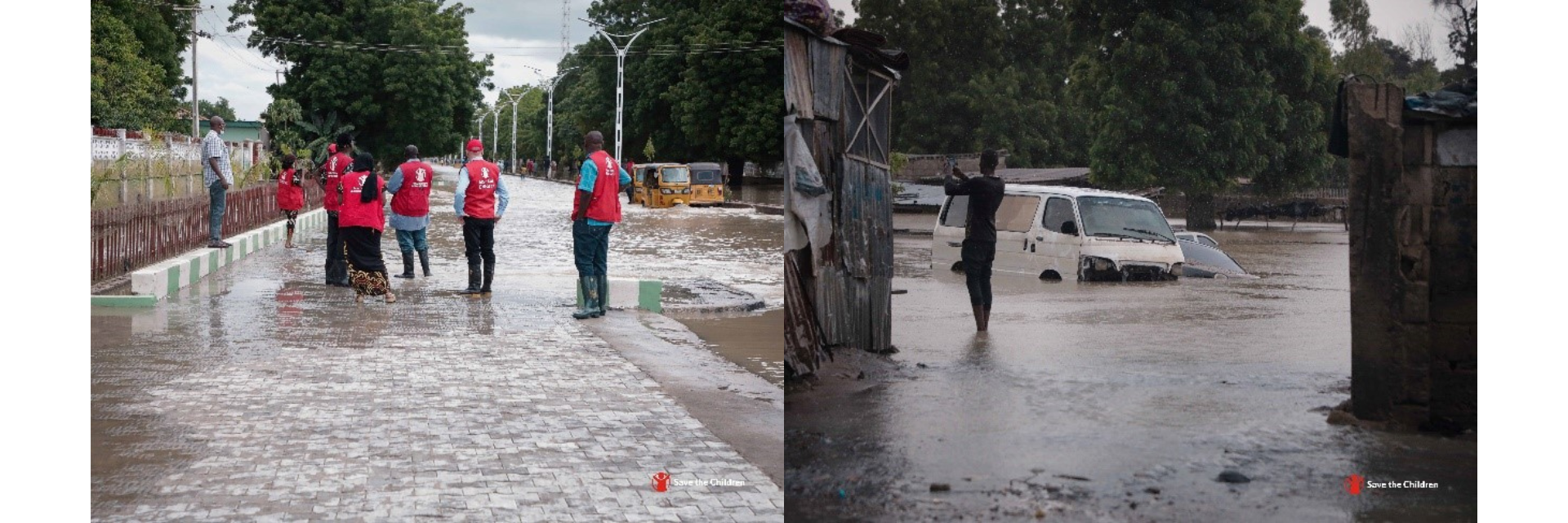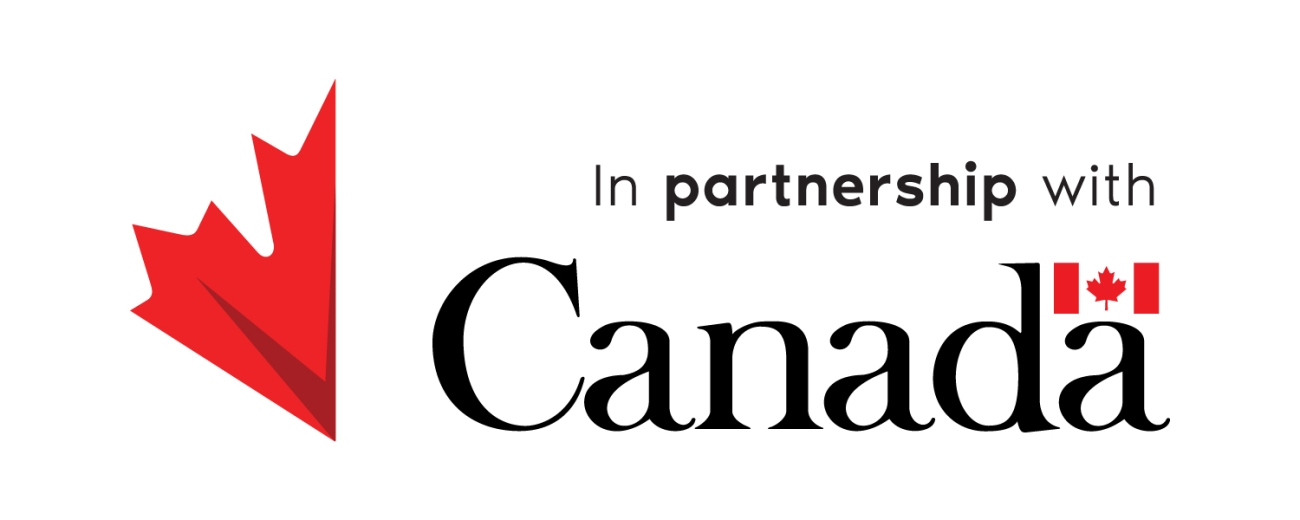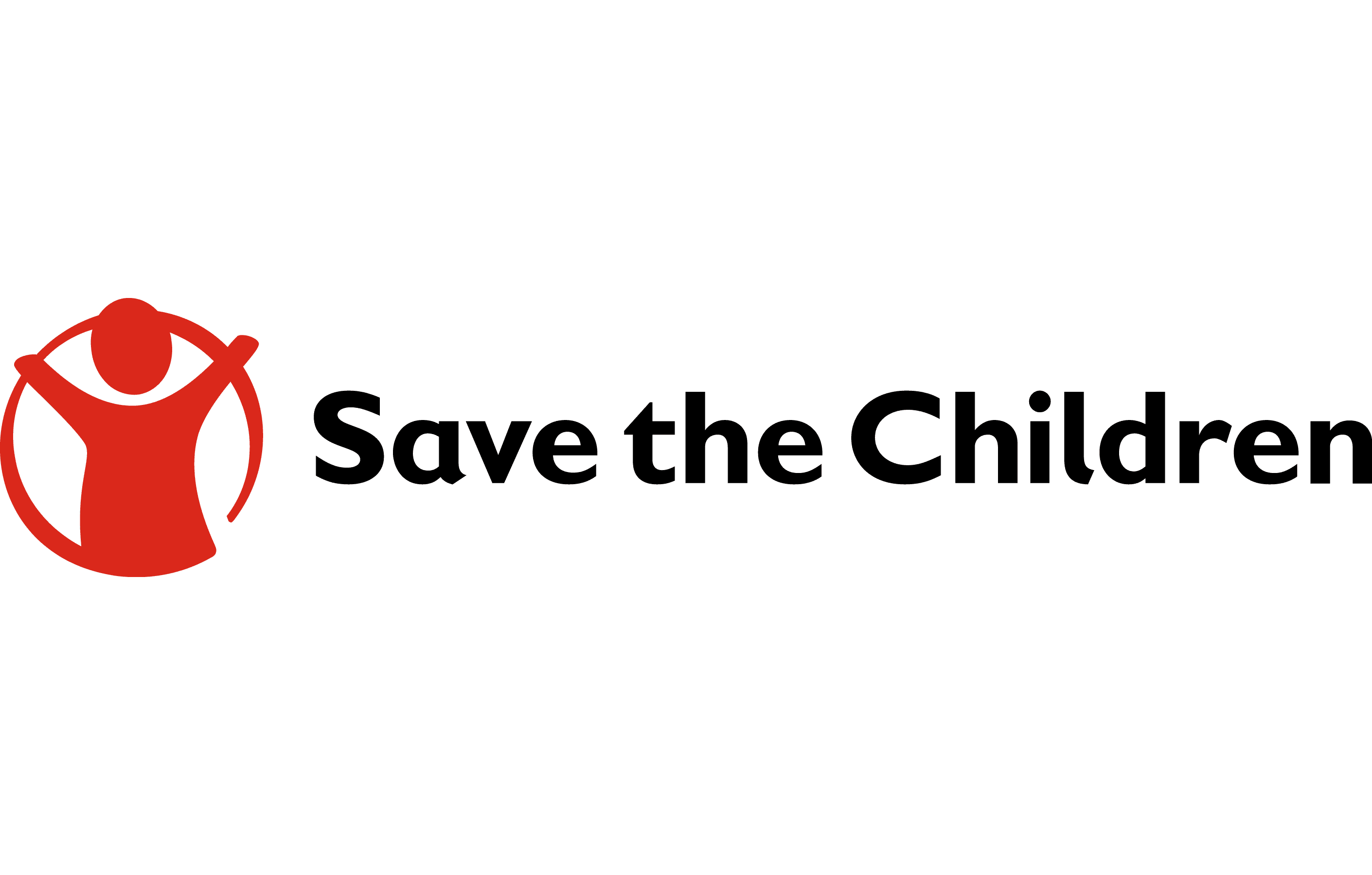
Floods in Nigeria
People Helped
Humanitarian Needs
Heavy rainfall in northeastern Nigeria has caused widespread flooding, including the overflow of the Alau Dam, resulting in significant casualties and damage. On 10 September 2024, media reports confirmed that the overflowing dam, located about 15 km southwest of Maiduguri in Borno State, inundated large parts of the city. At the height of the disaster, more than 500,000 people were affected, with around 400,000 displaced. Thirty seven people lost their lives, and 58 were injured. Furthermore, the floods damaged more than 7,000 shelters. The flooding intensified an already severe socioeconomic crisis in the northern region of the country.
Homes, hospitals, schools, and markets have been damaged or destroyed, and there is a heightened risk of outbreaks of waterborne disease. The displaced population, now residing in temporary sites with inadequate access to clean water, sanitation, and hygiene facilities, faces increased exposure to infectious diseases like cholera. State authorities have declared a cholera outbreak and activated emergency response activities.
Humanitarian Response
Save the Children Canada and its local partner, through the Humanitarian Coalition, are providing multipurpose cash assistance, psychosocial support services, and mobile health services, reaching approximately 15,000 individuals (2,500 households) in flooded communities and internally displaced persons camps. Special attention is being given to preventing gender-based violence and ensuring households have flexibility and dignity in meeting their essential needs.


Our response to small and medium-scale disasters is co-funded by Global Affairs Canada, the member agency delivering the assistance, and donations to the Humanitarian Coalition. Your gift will help us be ready for the next disaster. Donate today.